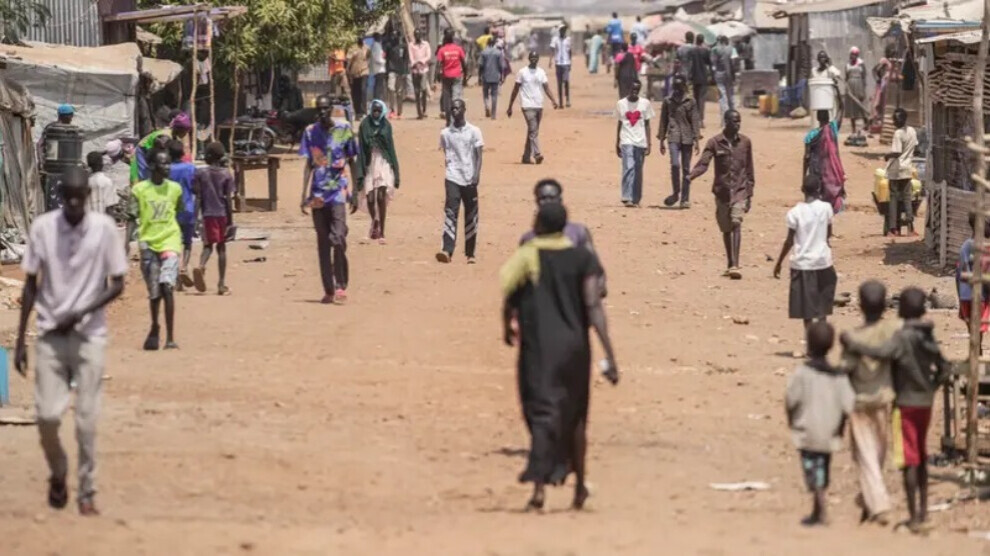Violence in South Sudan has displaced over 445,000 people
Amid worsening political crisis and fighting, over 445,000 displaced in South Sudan since March.

News Center – South Sudan has witnessed an unprecedented wave of displacement this year, as escalating fighting and political divisions have forced thousands of residents to leave their homes within the country or flee abroad.
The International Committee of the Red Cross (ICRC) announced on Wednesday, November 5, that over 445,000 people have been forced to leave their homes in South Sudan since March, due to intensifying clashes between rival parties, exacerbating one of the world’s longest-running humanitarian crises.
The report noted that the recent wave of displacement is among the largest in the history of the crisis, highlighting the rapidly deteriorating living conditions for the displaced amid weak healthcare infrastructure, the spread of diseases, and declining humanitarian funding. The report called on donors to take urgent action to provide necessary support.
The committee warned of an impending humanitarian catastrophe if the situation continues, noting that amid sharp declines in humanitarian aid and the extremely tense conditions in the provision of basic services, families are facing increasing hardship and uncertainty. It urged all parties to the conflict, authorities, and donors to take measures to prevent a disaster in the coming months.
Earlier, the United Nations Human Rights Commission in South Sudan stated that ongoing clashes and the worsening political crisis had forced over 300,000 people to leave the country this year, in a new wave of displacement that reflects the severity of the humanitarian situation.
South Sudan is the newest independent country in Africa, having gained independence from Sudan in 2011 after decades of conflict. However, the hopes that accompanied its birth soon faded, as a civil war broke out in 2013 between ruling parties, resulting in around 400,000 deaths over five years, alongside massive waves of displacement and a worsening humanitarian crisis.
In 2018, the rival parties reached a peace agreement that included arrangements for power-sharing, which restored some relative stability to the country. However, political tensions have resurfaced recently, as the opposition called in mid-September for a “regime change,” following accusations of treason directed at its leader, who had held the position of First Vice President
